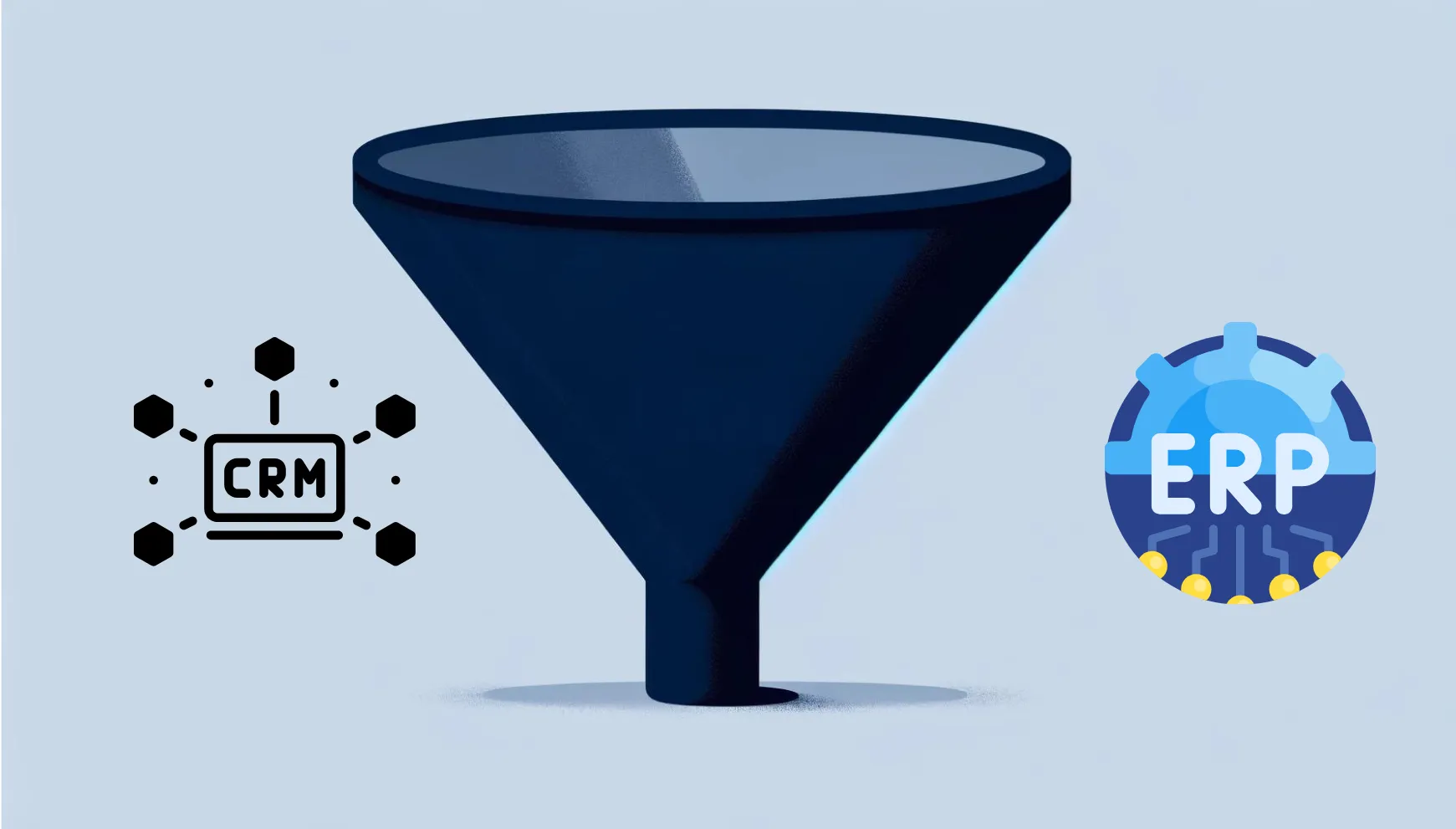Bespoke CMS Development Solutions
Get in Touch
- Phone
(+44) 07305744629
- Email Now
contact@appsmedia.co.uk
20-22, Wenlock Road, 20-22, Wenlock Road

Exploring the differences between ERM and CRM Systems
In the realm of web development and digital strategy, two pivotal systems play critical roles in the structuring and efficiency of businesses: Enterprise Resource Management (ERM) and Customer Relationship Management (CRM). These platforms, while occasionally confused or conflated due to their overlapping functionalities, cater to distinct operational needs within organisations. This article delves into the intricacies of both ERM and CRM systems, outlining their definitions, differences, and specific utilities in the professional landscape, particularly within web development.
Understanding ERM Systems
Enterprise Resource Management (ERM) systems are comprehensive platforms designed to manage all of an organisation's core processes. This includes finance, HR, supply chain management, and more. The primary objective of an ERM system is to enhance efficiency and streamline operations across various departments, allowing for a unified view of the company’s performance and resource allocation. By integrating disparate business processes and data into a single, cohesive system, ERM enables better decision-making, operational control, and strategic planning.
The Role of CRM Systems
On the other hand, Customer Relationship Management (CRM) systems focus specifically on managing interactions with current and potential customers. These platforms are designed to gather, store, and analyse customer information, facilitating improved customer service, marketing strategies, and sales processes. CRM systems help businesses understand their customer base, tailor services and products to meet customer needs, and ultimately drive sales by fostering better customer relationships.
Differences between ERM and CRM Systems
While both systems are integral to the operational success of a business, their primary distinctions lie in their focus and functionality.
Utility of ERM and CRM Systems in Web Development
In the context of web development, both ERM and CRM systems offer distinct advantages. Web developers and digital strategists can leverage these systems to enhance both the operational efficiency of their projects and the user experience they deliver.
In the fast-paced and ever-evolving field of web development, understanding the specific roles and functionalities of ERM and CRM systems is vital. While ERM systems are key to optimising internal operations and resources, CRM platforms are essential for developing a deeper understanding of customer needs and fostering strong customer relationships. Together, these systems provide a robust foundation for improving both the operational efficiency and the customer-centricity of web development projects. By leveraging the unique capabilities of both ERM and CRM, businesses can enhance their strategic planning, operational execution, and customer engagement, leading to sustained growth and success in the digital arena.